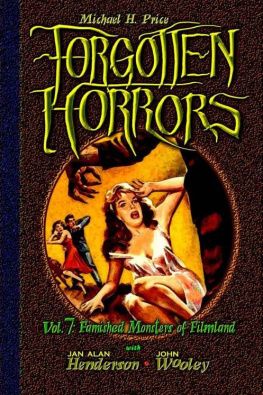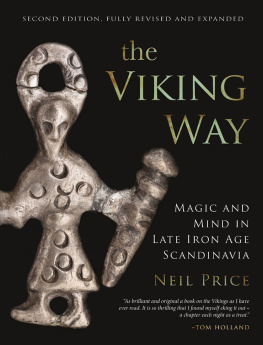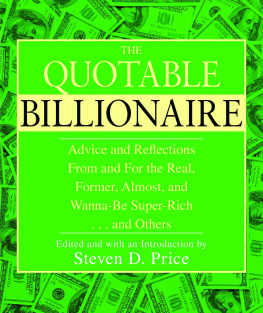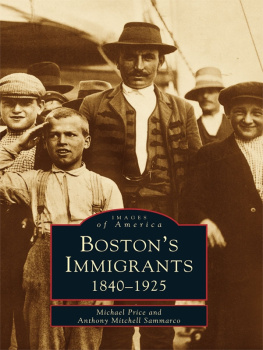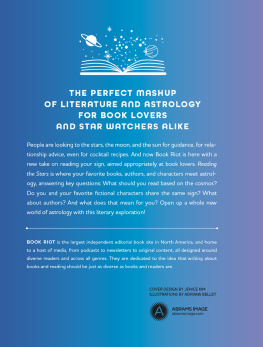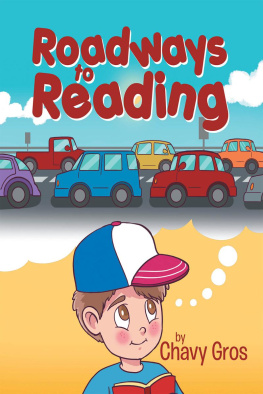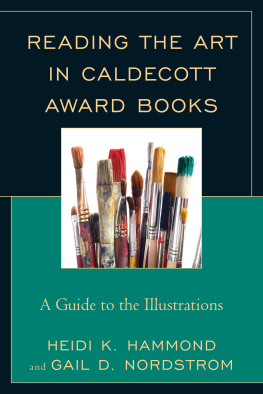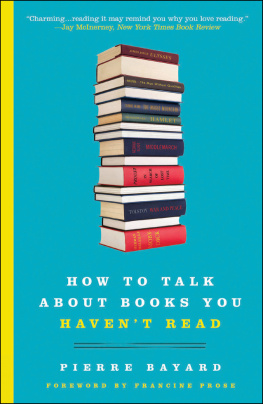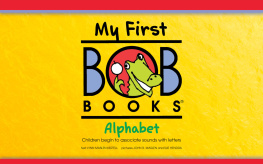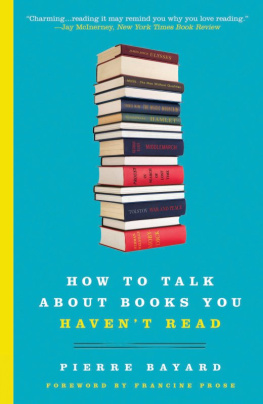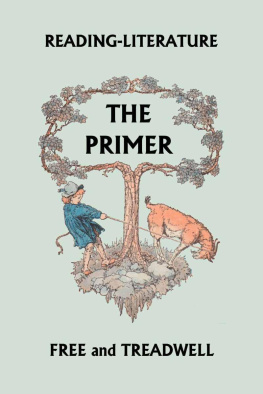Copyright 2019 by Leah Price
Cover design by Chin-Yee Lai
Cover image copyright Laura Hennessy / Gallery Stock
Cover copyright 2019 Hachette Book Group, Inc.
Hachette Book Group supports the right to free expression and the value of copyright. The purpose of copyright is to encourage writers and artists to produce the creative works that enrich our culture.
The scanning, uploading, and distribution of this book without permission is a theft of the authors intellectual property. If you would like permission to use material from the book (other than for review purposes), please contact permissions@hbgusa.com. Thank you for your support of the authors rights.
Basic Books
Hachette Book Group
1290 Avenue of the Americas, New York, NY 10104
www.basicbooks.com
First Edition: August 2019
Published by Basic Books, an imprint of Perseus Books, LLC, a subsidiary of Hachette Book Group, Inc. The Basic Books name and logo is a trademark of the Hachette Book Group.
The Hachette Speakers Bureau provides a wide range of authors for speaking events. To find out more, go to www.hachettespeakersbureau.com or call (866) 376-6591.
The publisher is not responsible for websites (or their content) that are not owned by the publisher.
The Library of Congress has cataloged the hardcover edition as follows:
Names: Price, Leah, author.
Title: What we talk about when we talk about books : the history and future of reading / Leah Price.
Description: First edition. | New York : Basic Books, 2019. | Includes bibliographical references and index.
Identifiers: LCCN 2019004657 (print) | LCCN 2019019847 (ebook) | ISBN 9781541673908 (ebook) | ISBN 9780465042685 (hardcover)
Subjects: LCSH: Books and reading. | Books and readingHistory. | Books and readingTechnoligical innovations. | BooksHistory. | Literature and society.
Classification: LCC Z1003 (ebook) | LCC Z1003 .P9 2019 (print) | DDC 028dc23
LC record available at https://lccn.loc.gov/2019004657
ISBNs: 978-0-465-04268-5 (hardcover), 978-1-5416-7390-8 (ebook)
E3-20190716-JV-NF-ORI
W HEN THE FIRST Waldenbooks opened in my hometown in the 1970s, its self-help bestsellers urged my parents to schedule date nights. A quarter century later, my generation, too, began to feel guilty about letting chores crowd out deep relationships. But what we lusted for wasnt a person. Our fantasy was to reconnect with books.
That love felt star-crossed. One Sunday morning in 1992, the New York Times sprawled across my doormat predicted The End of Books. Could print, asked the novelist Robert Coover, survive the age of video transmissions, cellular phones, fax machines, computer networks? Coover wondered, but other essayists judged. In 1994, the window display of an independent bookshop that would be evicted a few months later to make way for a Starbucks led me to a hardcover called The Gutenberg Elegies. In its pages, ex-bookseller Sven Birkerts mourned the focused, sequential, text-centered engagement that he worried was being jostled aside by the restless, grazing behavior of clicking and scrolling.
Soon, newfangled blogs had me mousing through to surveys proving that even if book-length works continued to be read, it wouldnt be by men, or in the bathtub, or off the beach. In 2004, the National Endowment for the Arts released a survey of American reading habitsor rather, the lack thereof. The resulting report, Reading at Risk, identified a 14 percent decline in literary reading since 1992, with rates especially low for men and young adults. In 2007, a follow-up report appeared under the title To Read or Not to Read. The practice of engaging with texts, the riff on Hamlet suggested, was at existential risk. Once again Americans seemed to be reading less and reading less well, with 19 percent of seventeen-year-olds reporting that they never or hardly ever read. Meanwhile, 28 percent of teenagers who did read reported combining the activity with the simultaneous use of other media.
As magazines migrated from doormats to laptops, articles vied to diagnose the disappearance of a way of life that Americans had once read. Just as often as the death of print journalism, though, journalists lamented the decline of printed books. When Nicholas Carr asked in a 2008 Atlantic article Is Google Making Us Stupid?, the evidence for answering in the affirmative was the fate of long-form reading. Immersing myself in a book or a lengthy article used to be easy, Carr confessed, but in the digital era he found himself getting fidgety, dragging my wayward brain back to the text. What was lost wasnt just the information that he was no longer absorbing, but the taste for being absorbed.
My first smartphone strafed my pocket with predictions that even if reading survived, eyes would glaze over before the 141st character. Essays of every conceivable length braced us to mourn the habits of mind or even soul that books had once occasioned: the capacity to follow a demanding idea from start to finish, to look beyond the days news, to be alone. As our shelves emptied out, we feared losing our selves.
Heres what happened instead. Sales of printed books rebounded in the decade that followedrising as steadily as electronic book sales leveled off.
Its true that bookstore sales and revenues have declined in the past decade. But the fact that the dip began right after the 2008 recession suggests that the culprit is financial, not technological. Old media isnt just the province of the old.


